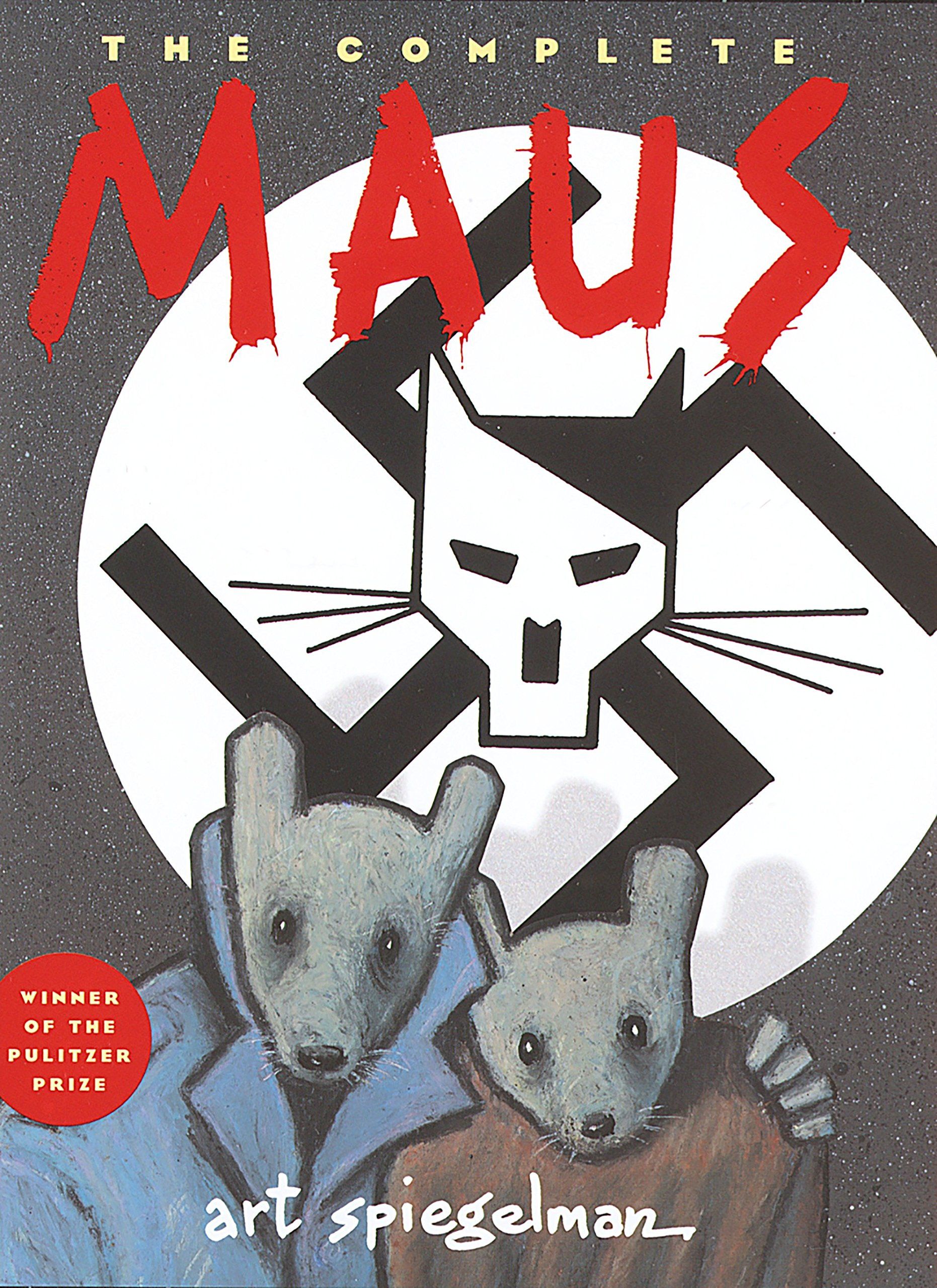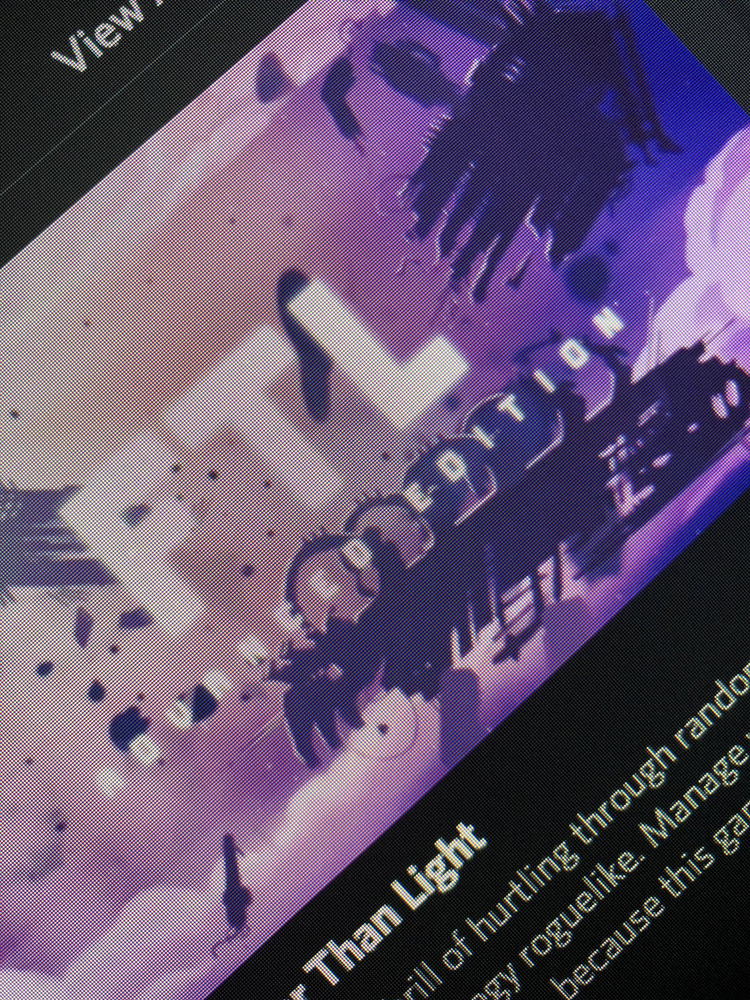Papers, Please: the voice of Arstotzka

The language
Style wise, the big question was: how can we make an interesting translation while being substantially forbidden from using characterization?
- No direct references to Eastern Europe and Russia, since the setting is fictional
- No complex dialogues. Just short and concise lines with "foreign style" grammar
- No personal notes, since most encounters are automated and the lines must work while being paired to characters of any age, sex and appearance
The "slavonic" accent
The first element we used for giving flavor to the text is the slavonic accent.
Now, accents in videogames are usually a shortcut for characterization. The real-life stereotypes associated with a certain country will brush off on the characters, so that a "cockney" character will brash while a "Jamaican" one will be cheerful and so on.
In Papers, Please it is a filter. This is not the world you know.
Alas, while it is very light in English, just dropping a few words here and there, it had to be reinvented into something much more defined for Italian. Going for a cartoonish accent would have been completely against our goals, so we went for the most realistic model you can possibly imagine.

To claim that, in the case of Maus, the beauty of the text lies specifically in the words of Vladek and in his ungrammatical language may sound like a paradox. However, it's precisely those words and that language, so arduous to recreate, that transmit the essence of the character and the gamut of emotions that spring from the account of his life .
PREVITALI Cristina, «Nota del traduttore» in Maus by Art SPIEGELMAN
Not much to add, really. The Italian translation of Maus is a masterclass in creating an accent that is at the same time readable, realistic and respectful.
Following its model, we crafted a speech pattern that is recognizably "foreign" but not completely broken, like you would expect, for example, from an eastern caregiver who lived many years in Italy.
And ideally, something that will soon become "transparent", almost readable like a normal text, while retaining its specific flavor.
The terminology
The second tool we used to give flavor to the text is terminology.
Interestingly, while the game contains a lot of bureaucratic terms, none of them match the usual US/UK terms. This allows to shine a new light on known concepts. You probably have an opinion about the Department of State and the green card. But what about the Ministry of Admission and the access permit?
Now, as Wikipedia tells us, the Italian language is official in four countries. Italy itself, two microstates inside it (San Marino and Vatican City) and Canton Ticino in Switzerland.

While Swiss-Italian is perfectly understandable, it often borrows terms from French or German (the most spoken languages of the Federation), taking a surprising, unusual flavor. To make an example, in Swiss-Italian, the " vignetta " is a compulsory seal you must buy in order to drive on highways. In plain Italian it's a comic book panel.
So the terminology used by the Swiss-Italian customs was perfect for that "parallel world" feeling.
Entry? You would expect ingresso, but it's entrata throughout (visto d'entrata, permesso d'entrata, cedolino d'entrata).
An unexpected benefit of this approach is that while Italian bureaucracy has a penchant for archaisms and latin mumbo-jumbo, for example translating denial with diniego, the Swiss stay much closer to what you would expect from modern Italian (rifiuto), giving a lighter tone that was more fitting for a videogame.
In the same vein, we stayed clear from the heaviness usually associated with buraucracy, but went full on with its pettiness.
Your booth is a guardiola , the entry ticket is a cedolino d'entrata , the id supplement is an identificativo and so on. Every term is a derivative of some sort and thus feels small, boring and insignificant.
One last terminology choice we had to deal with was how to adapt "Ministry of Admission", as a straight translation would have sounded a bit off.
Our favorite solution was Ministero dell'Accoglienza which translates both as Ministry of Acceptance and Ministry of Welcoming and Lucas went for it, probably intrigued by its double-speak irony.
After all, guess what book that 978-0-452-28423-4 ISBN number at the end of the ingame manual actually belongs to?





